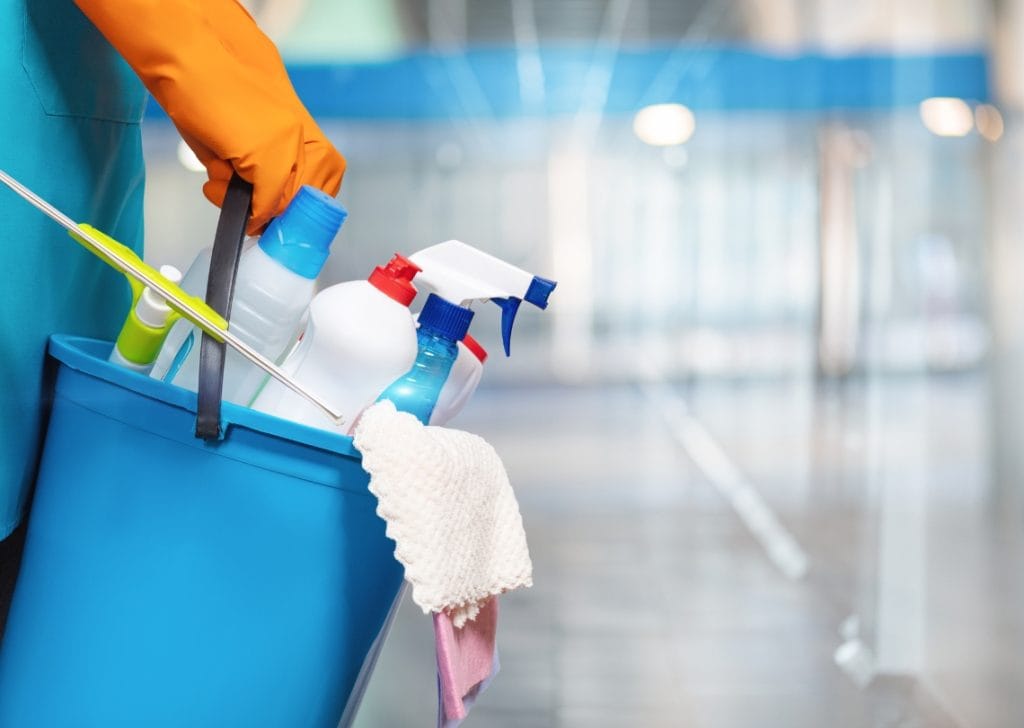It is 2025 but the housework burden in most households in Malaysia is still disproportionately borne by women as usual. Though the culture in the urban areas is becoming gender equal on paper, the situation within the dwellings may be something different. One of the common grounds of contention? Housework. Although, two-earner families are the new normal, notions about whose responsibility it should be to do the sweeping and scrubbing and tidying are still a bit, well, backward-looking. No wonder an increasing number of women are turning to cleaning services, not because it is a luxury, but because it is a necessity.
The Invisible Load: It is Not Only Dishes and Dust
Not all household chores are hard to separate out at first sight. You spoon it, I sop it. You wash clothes, I clean with a vacuum cleaner. There is more to it than the implementation, it is all about thinking. Malaysian women are not merely cleaning the house. They are keeping track of when the groceries will run out, seeing the mould under the sink, predicting what will pile up when exam week hits, and marking in their mind what is clean, what is dirty and what must be done next.
This psychological burden is emotionally draining, and a study conducted by the International Labour Organization shows that women in Malaysia have almost four times the number of hours men spent on unpaid caring and other household tasks. Even when women make as much money (or even more) than their spouses, that imbalance remains.
The way Cleaning Services are becoming a Satisfying Resistance
Outsourcing is no longer a luxury to the numerous urban middle-class Malaysian women, but rather a form of self-preservation. Discreetly hiring half-hourly or even a single cleaner staff without trying to renegotiate the household roles has become an expedient solution to those homes where it seems that every attempt at renegotiation is an argument in the making.
There is also generational gap in motion. Older couples have settled into default using the traditional definition and the young couples attempt but do not always achieve 50-50 on everything. This is interesting because younger women are not waiting. They are taking time back by outsourcing assistance, even at the expense of budgets or ad-hoc cleaning through tech-savvy alternatives.
Beyond the Broom: What This is to say about Respect and Resentment
it is not only a question of cleanliness either; it is an issue of emotional parity. Where one side regularly makes up the difference, that reduces goodwill. It may come to quietly smolder over time when the other party is not even aware of the efforts in progress all the time.
As an illustration, a recent social media thread that has gone viral in Malaysia saw women recounting how they had partners who did not see mess or waited to be told before acting. It was not the question of a skill, but awareness. And Emotional detachment counts. Sure enough, as one commenter put it plainly: You have to ask, it is not shared. It’s assigned.”
This slight power play is making many couples re-evaluate not only their division of labor but more importantly what they think of each other in terms of time and energy resources.
It is Not a Woman Only Problem: The Price Men Pay
Interestingly, men are not winning here as well. People complain that they feel out of place at home, they do not know what to offer other than money. Some people are scared that interventions may be wrong, slow, or criticised. This indecisiveness forms a circle- the less they are able to do, the more they are criticised and the more they are unable to do.
The fix does not only concern doing the dishes. It is about changing the thinking of helping her to taking responsibility. When this transition is experienced in a family, the additional cleaning services sometimes become more tactical use-case based, such as seasonal deep-cleans or adapting to particular life stages such as relocating or having a baby as opposed to cleaning up once a week.
The way to close the Gap is not Argument but Awareness
Transforming family settings does not call for a battle. It needs clarity. Have a seat, write down weekly things that need to get done, and delegate them as you would at a job and do not make guesses. Take advantage of shared calendars, chore applications, or even whiteboard.
And yes, know when to outsource. It is never about who can scrub the floor better, it is about establishing a partnership that is respectful of time, effort and changing roles in life. That may involve cleaning services or a restructured to-do list, but the essential aspect is that both partners feel understood, accepted and supported.
Conclusion
The thing is, household equality is not about perfect divisions, it is about acknowledging oneself. In the Malaysian reality where everyone is busy and works two jobs, the war of chores is not about the one who cleans but how to be respectful, maintain fairness and keep love. A broom itself is nothing more than a symbol. The point is who holds it and how frequently, and whether both are in the state of mind that it is theirs to share.

